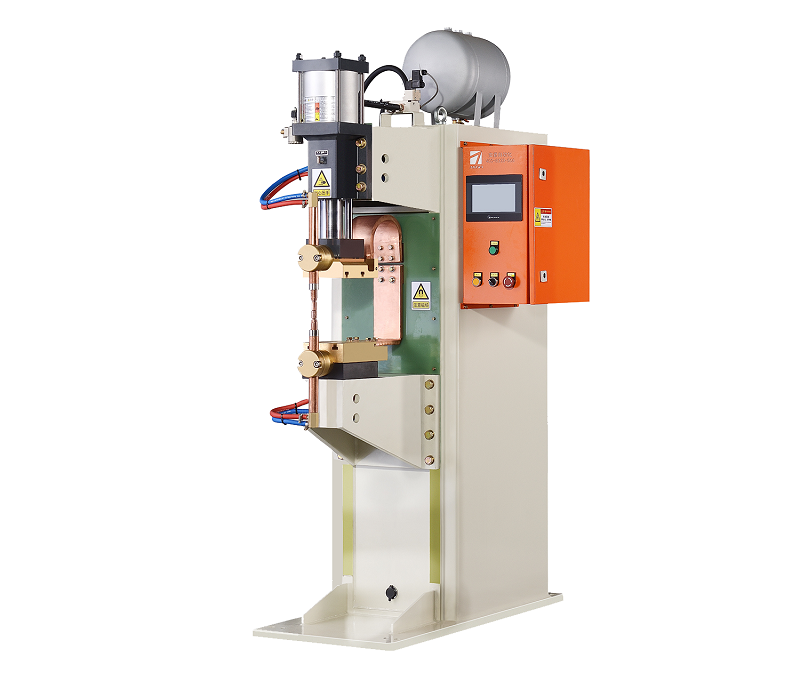Precautions for the High-Voltage Section of Medium-Frequency DC Spot Welding Machines
Medium-frequency DC spot welding machines are essential tools in various industrial applications, but they also come with high-voltage components that require careful attention to ensure safety and efficient operation. In this article, we will discuss the key precautions to take when dealing with the high-voltage section of these machines.

- Qualified Personnel: Only trained and qualified personnel should operate or perform maintenance on medium-frequency DC spot welding machines. This is essential to minimize the risk of accidents and ensure proper handling of high-voltage components.
- Electrical Isolation: Before any maintenance or inspection, make sure the machine is completely disconnected from the power source. Lockout/tagout procedures should be followed to prevent unexpected energization.
- Protective Gear: Always wear appropriate personal protective equipment, including insulating gloves and safety goggles, when working with high-voltage components. This gear helps protect against electrical shock and other potential hazards.
- Regular Inspection: Conduct routine inspections of the high-voltage components, including cables, connectors, and insulation. Look for signs of wear, damage, or overheating, and replace any faulty parts immediately.
- Grounding: Ensure the machine is properly grounded to prevent electrical leakage and reduce the risk of electric shock. Regularly check the grounding system for integrity.
- Voltage Testing: Use voltage testers to confirm that high-voltage components are de-energized before working on them. Never assume that a machine is safe just because it’s turned off; always verify with appropriate testing equipment.
- Avoid Water and Moisture: Keep high-voltage components away from water or moisture to prevent electrical arcing and potential short circuits. Store the machine in a dry environment and use moisture-resistant materials when necessary.
- Training: Provide comprehensive training to all personnel who operate or maintain the welding machine. Ensure they are familiar with the machine’s high-voltage components and safety procedures.
- Emergency Response: Have a clear emergency response plan in place, including procedures for dealing with electrical accidents. Make sure all personnel know how to respond in case of an emergency.
- Documentation: Maintain detailed records of maintenance, inspections, and any modifications made to the high-voltage section of the machine. This documentation can be crucial for troubleshooting and ensuring compliance with safety regulations.
In conclusion, while medium-frequency DC spot welding machines are valuable tools in industrial settings, they also pose potential risks due to their high-voltage components. By following these precautions and prioritizing safety measures, operators and maintenance personnel can work confidently and efficiently with these machines, minimizing the risk of accidents and ensuring their long-term reliability.